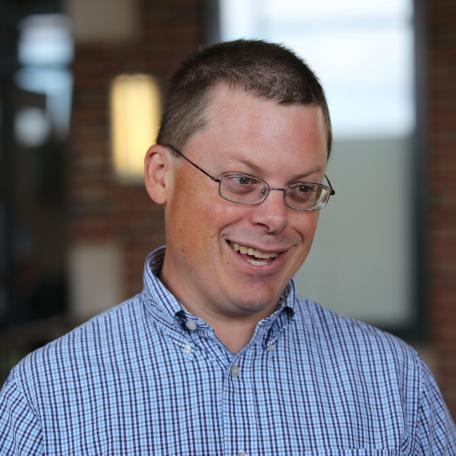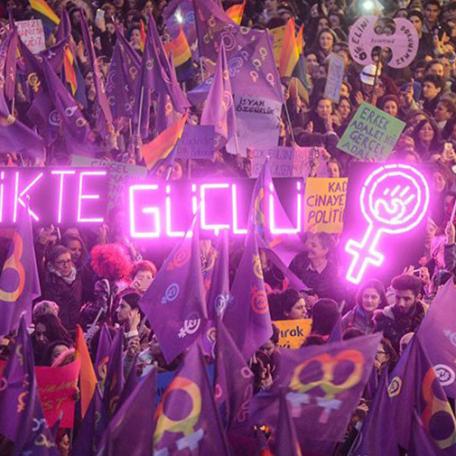Update your browser or Flash plugin
In this episode, I am hosting Tankut Atuk again. We will talk about one of the worst kept secrets of non-governmental organizations working with refugees; the fact that project-based funding of NGOs reduces refugees to mere numbers and categories while ignoring their subjectivity and agency. There were many instances in my own research in Turkey when I observed that the priority of NGOs was to report higher number of refugees to the funding organizations instead of focusing on the quality of services and protection for refugees.
One of the most striking examples was the practice of collecting identification numbers of families as a whole. That is to say, even though only one member of the family was visiting NGOs, they were asked to provide ID numbers of other family members. This way, NGOs were seemingly serving more refugees than they actually did.
Tankut will further complicate this fact by talking about a project for LGBTI and women refugees at the NGO he worked for as a project manager. Sharing his experiences, Tankut will reveal how refugees are subjected to the violence of categories, or as Judith Butler would call it, normative violence. We will also discuss the material effects of those violent categories. Normative violence, here, refers to the Global North oriented liminal categorisations of refugees in Turkey that disarticulate citizenship rights and rearticulates them in very small bundles. Turkey differentially distributes these small bundles to the refugees according to different categories of “vulnerability” assigned to them. In other words, the language of the projects funded by organisations such as UNHCR or the EU violently reproduces itself in the localities and it produces new subjectivities of deserving and undeserving refugees.
We will also problematize the concept of vulnerability that is established in the projects. These projects are funded by transnational organizations such as UNHCR, UNFPA, the EU or international bodies of states such as the USA, the UK or Germany. As countries in the Global North, the projects they fund create hierarchies of vulnerability for refugees which determine who deserve what form of services and rights. Vulnerability thus becomes a tool of managing refugee populations as opposed to granting equal protection to every refugee.
Tankut is a Ph.D. Student in Gender, Women and Sexuality Studies at the University of Minnesota. His current work is on the conservative politics of HIV in Turkey, but his first MA thesis was on the gay men who served in the army.
I have conducted a multi-sited ethnography in four cities of Turkey; Ankara, Istanbul, Eskişehir, and Yalova. Ankara and Istanbul can be seen as capitals of NGOs as their headquarters are in these cities. On the other hand, Eskişehir and Yalova are heavily populated by refugees in general, LGBTI refugees in particular. I conducted participant observations and oral history style interviews with ninety-four informants. Forty-five of them was LGBTI refugees and forty-nine of them worked in transnational organizations such as UNHCR or local NGOs for refugees and LGBTI people.
For a written discussion of a similar topic, please have a look at my article "Who is 'Queerer' and Deserves Resettlement?: Queer Asylum Seekers and Their Deservingness of Refugee Status in Turkey".






